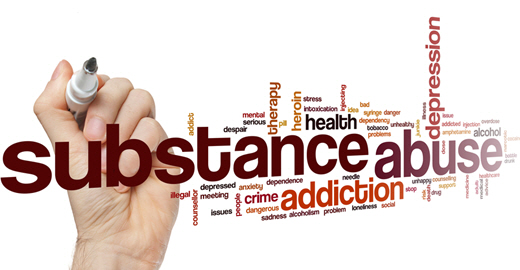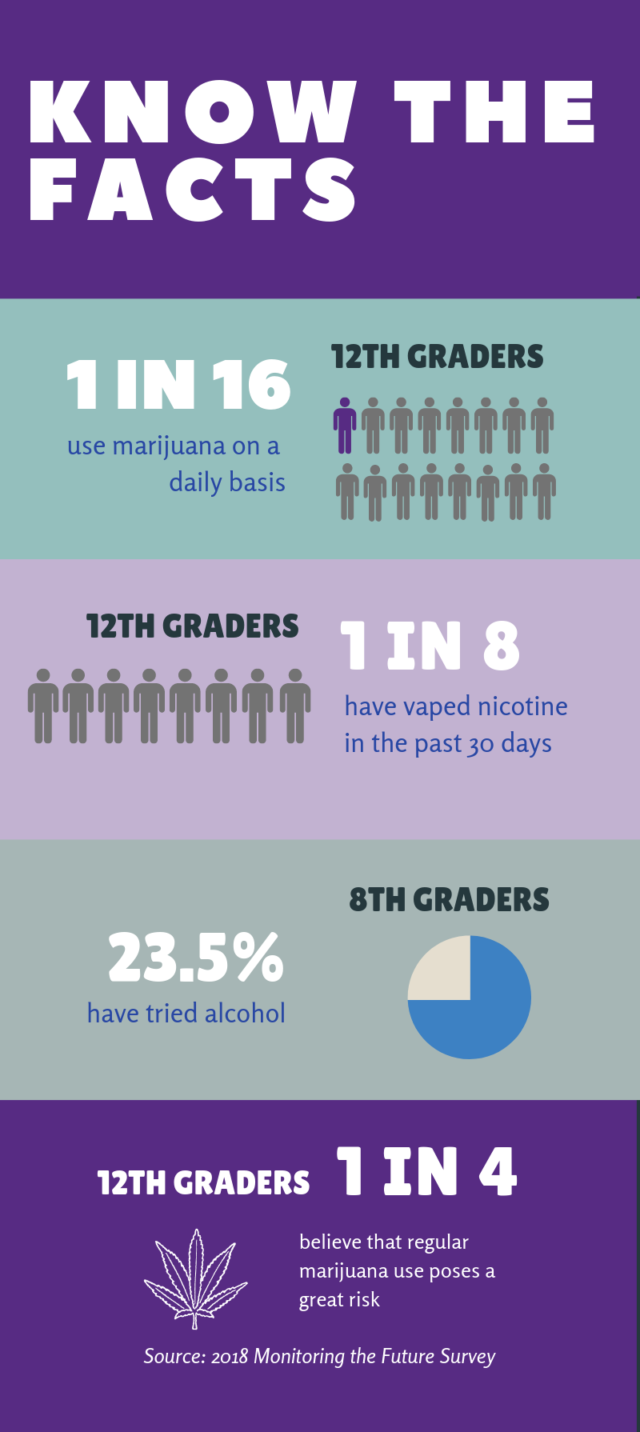A Comprehensive Guide to Substance Abuse Rehabilitation
Substance Abuse rehab, typically described as rehab, is a structured process made to assist people get over reliance on drugs, alcohol, or various other addicting materials. It is not simply concerning detoxification-- it is a trip of psychological, psychological, and physical makeover. Rehab centers offer safe atmospheres where individuals can confront the source of their addiction, address psychological triggers, and discover dealing mechanisms to suffer long-lasting soberness. This procedure is directed by skilled specialists, including specialists, medical doctors, and therapists that understand the intricate nature of addiction as both a physiological and behavior problem.
Comprehending the Core important Abuse Rehabilitation
At its core, recovery has to do with rebuilding an individual's life. Addiction usually leaves behind deep marks-- strained partnerships, economic distress, health issues, and mental illness. Through comprehensive rehabilitation programs, individuals are given the devices to repair these aspects gradually. Rehab isn't practically avoiding compounds; it's about redeeming control and discovering one's sense of self-worth. The programs stress structure, uniformity, and individual accountability, which are essential to long-term recuperation success. Every tiny landmark throughout rehab works as a structure for lasting soberness.
Substance Abuse Abuse recovery is not a one-size-fits-all technique. It acknowledges that each person's addiction story is unique-- what led to Substance Abuse abuse, just how it proceeded, and just how healing can be continual differ commonly. As a result, treatment centers customize care plans based upon specific assessments, guaranteeing that every individual gets assistance that lines up with their mental state, dependency background, and life circumstances. This tailored technique significantly boosts healing outcomes and assists avoid regression when individuals rehabilitate into day-to-day life.
The Benefits of Inpatient Rehab Programs
Inpatient rehabilitation, likewise recognized as domestic therapy, provides among the most reliable methods for those fighting serious Substance Abuse dependency. One of its primary benefits is the distraction-free and organized environment. When a person gets in an inpatient facility, they are briefly gotten rid of from external triggers-- such as close friends who make use of materials, stressful offices, or family disputes-- that may prevent their recovery. This isolation from unfavorable impacts enables individuals to concentrate totally on recovery. Living within a encouraging and monitored setup produces the security required to break old practices and develop much healthier patterns of actions.
Another major advantage of inpatient rehab is the 24/7 expert supervision offered to every individual. Withdrawal signs and symptoms from medicines or alcohol can be unpredictable and, in some cases, dangerous. Inpatient centers have clinical teams that provide round-the-clock treatment, making certain people are risk-free and comfortable throughout cleansing. Past physical health and wellness, constant supervision also supplies psychological confidence-- people recognize that assistance is offered at any moment, which decreases stress and anxiety and develops count on the healing process. This prompt accessibility to clinical and psychological assistance considerably enhances the success price contrasted to outpatient take care of severe dependencies.
Inpatient rehab programs cultivate a strong sense of area and responsibility. Patients interact with others that share similar struggles, get involved in group treatment, and engage in activities that urge teamwork and compassion. This environment nurtures good understanding and decreases sensations of seclusion commonly related to dependency. By linking with peers and discovering from their experiences, people create social bonds that proceed to support them also after leaving the center. This sense of belonging, integrated with consistent expert advice, makes inpatient rehab an extremely reliable foundation for sustainable healing.
Inpatient Rehabilitation Providers Provided
Inpatient rehab facilities offer a diverse variety of solutions designed to treat the body, spirit, and mind simultaneously. The very first stage normally entails clinical detoxification, a process that safely eliminates substances from the body while managing withdrawal symptoms. Detox is supervised by doctor that may provide medication to relieve discomfort and avoid problems. When detox is complete, patients transition to structured daily programs that consist of wellness, therapy, and counseling activities. This integrated technique makes sure that individuals not only overcome physical dependancy however also address emotional and emotional aspects of dependency.
Healing services go to the heart of inpatient rehab. Facilities deal individual therapy sessions, where individuals work individually with accredited therapists to reveal the underlying reasons for their addiction-- such as injury, psychological health problems, or unsettled emotional discomfort. Cognitive-behavioral therapy (CBT), dialectical behavior treatment (DBT), and inspirational talking to are among the most common evidence-based approaches made use of. Additionally, group treatment sessions give an encouraging room for people to share experiences, gain point of view, and develop interpersonal abilities. Household therapy is also regularly consisted of, assisting to rebuild depend on and enhance communication in between patients and their enjoyed ones.
Beyond standard treatment, numerous inpatient programs consist of holistic and leisure services to promote total health - rehab near Chester NJ. Yoga exercise, meditation, art therapy, and health and fitness programs assist minimize stress and educate mindfulness. Nutritional therapy guarantees that individuals restore physical wellness, as Substance Abuse frequently depletes the body's necessary nutrients. Some rehabilitation centers even provide professional training and instructional workshops to aid people prepare for reintegration into society. These diverse services are created to recover the whole person-- not just treat dependency signs-- by cultivating function, equilibrium, and durability
Why You Have To Think About Outpatient Programs
While inpatient rehab provides an immersive and intensive method, outpatient programs give a choice that allows flexibility for people who can not commit to permanent household treatment. Outpatient rehabilitation allows individuals to obtain structured treatment and medical support while preserving their day-to-day duties-- such as job, institution, or family treatment. For several people with mild to modest dependency, outpatient treatment offers the best equilibrium in between recovery and daily life. It allows individuals to practice the coping abilities they find out in real-world settings, enhancing their durability when faced with day-to-day obstacles.
One more reason to think about outpatient programs is their cost-effectiveness. Inpatient care can be costly due to holiday accommodation, dishes, and 24-hour supervision, which may not be monetarily feasible for everybody. Outpatient programs, however, normally cost much less since they do not require property remains. Many facilities offer sliding-scale settlement choices or accept insurance to make therapy accessible. For those that have actually already completed inpatient rehabilitation, transitioning right into an outpatient program serves as a useful continuum of treatment, assisting maintain liability and protect against regression via continuous support.
Additionally, outpatient programs offer a high degree of personalization. Patients can pick between partial hospitalization programs (PHP), intensive outpatient programs (IOP), or typical outpatient treatment, depending upon their level of demand. Each choice offers differing degrees of framework and time commitment. IOPs commonly involve a number of treatment sessions per week, while basic outpatient care could consist of once a week therapy check outs. This versatility guarantees that people can receive professional help customized to their recovery phase, making outpatient programs a functional and equipping choice for long-term healing maintenance.

Discovering Other Treatment Options basically Abuse Healing
Past inpatient click here to read and outpatient rehab, there are numerous various other treatment options readily available for people looking for recovery from Substance Abuse dependency (addiction treatment). Medication-assisted treatment (FLOOR COVERING) is one such strategy, incorporating prescribed drugs with behavior modification to handle withdrawal signs and symptoms and reduce food cravings. Medicines like methadone, naltrexone, or buprenorphine are often made use Bonuses of in opioid dependency therapy, while acamprosate or disulfiram might support alcohol recovery. MAT aids stabilize brain chemistry, permitting individuals to concentrate on treatment and lifestyle adjustments without the overwhelming discomfort of withdrawal

Alternative therapies are also coming to be increasingly preferred in Substance Abuse Abuse therapy. These may consist of alternative practices like acupuncture, equine therapy, adventure-based therapy, and spiritual healing programs. While these strategies may not replace standard therapy, they can complement it by improving psychological law, self-awareness, and confidence. The objective of exploring various treatment options is to create a recuperation strategy that resonates with each individual's values, beliefs, and lifestyle. A tailored mix of therapies typically produces the most lasting results, empowering people to live a meeting, substance-free life.
The Path to Long-Term Soberness and Healing
Completing rehabilitation-- whether inpatient or outpatient-- is only the start of a lifelong healing journey. Aftercare programs play an essential role in preserving soberness and stopping relapse. These programs might include recurring therapy, support groups like Narcotics Anonymous or Twelve Step Programs, and sober living setups that offer continued framework. Uniformity and area are vital; individuals that remain connected to recuperation networks are most likely to maintain long-lasting progress. Rehabilitation shows the essential coping abilities, but aftercare makes sure that those abilities are applied and enhanced in real-life circumstances.
Lasting healing also depends on lifestyle changes that sustain physical and mental wellness. Establishing healthy and balanced routines-- such as regular exercise, well balanced nutrition, and mindfulness techniques-- aids recover balance to the mind and body. Taking part in deliberate tasks like offering, going after hobbies, or reconnecting with enjoyed ones can fill the emotional gap left by Substance Abuse use. Developing a favorable attitude and concentrating on future goals offer recovering individuals a renewed sense of identification and direction. Sobriety is not concerning starvation; it has to do with reclaiming life's richness and chances.

Via extensive rehabilitation programs, individuals are given the tools to repair these aspects gradually. Inpatient rehab programs foster a strong sense of area and liability. While inpatient rehabilitation offers an immersive and extensive approach, outpatient programs provide a choice that permits adaptability for individuals who can not commit to full time domestic therapy. Outpatient rehab makes it possible for people to obtain structured therapy and clinical support while maintaining their everyday obligations-- such as work, college, or family treatment. Past outpatient and inpatient rehab, there are several other treatment alternatives readily available for people looking for recuperation from Substance Abuse addiction.